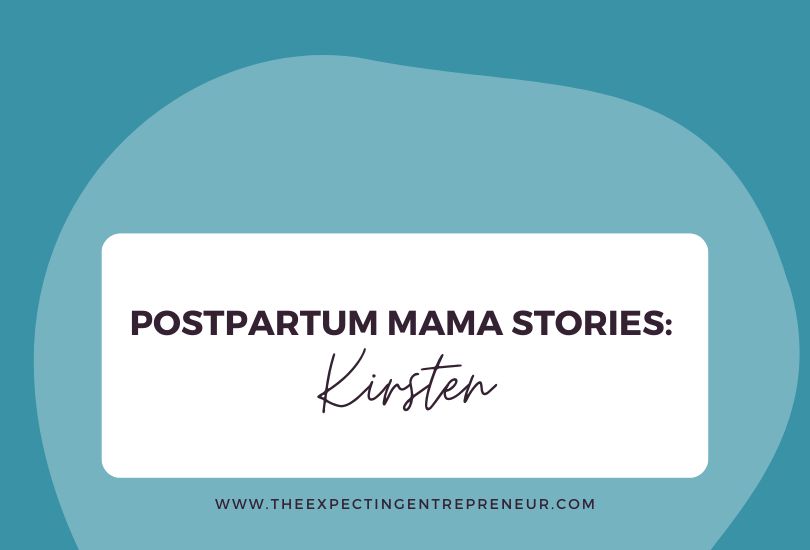In October 2015, my work took me to a global strategy meeting on maternal and newborn health.
Nearly 2,000 of us (researchers, advocates and service providers) from 75 different countries gathered together to discuss the current state of maternity care and develop the global agenda going forward into the next decade.
What was at the center of our discussions? Dignified and respectful maternity care.
Why? Because obstetric violence and birth trauma is pervasive in our global society.
You don’t have to look too far to uncover an example.
There are glaring examples of violence during childbirth (trigger warning) such as women being physically constrained during labor.
But there are also much more subtle examples of mothers who have that nagging, gut instinct that something was not quite as it should have been but wouldn’t put their finger on a specific act.
Trauma can look a lot of different ways.
It is not always obvious.
And it cannot always be verbally processed.
Sometimes we simply feel it in our gut.
You can use the following five prompts to reflect on where trauma may stem from.
Please make sure you are in a safe, comfortable environment as you begin to look through these and ask yourself the questions listed.
You may want to have a close friend, partner, or professional support nearby if you think you will be triggered.
Harsh, threatening, blaming or discriminatory language
Were you spoken to harshly or rudely by staff?
Did you feel judged by your provider?
Were accusatory comments made about the choices you wanted for your labor and delivery?
Were you in any way made to feel afraid that what you wanted in terms of interventions (or lack of) was going to harm you or your baby?
Did you feel embarrassed or ashamed of your race/ethnicity, age or socioeconomic status?
Were any of your cultural preferences commented on by staff?
Professional standards of care
Were any interventions (whether desired or undesired) performed without your knowledge or consent?
Was information about your labor shared with family or others without your permission?
Did you feel alone, abandoned, or neglected by staff at any point?
Were you often left waiting without anyone to ask for support or information?
Did you ever feel like you did not have the privacy you needed or desired?
Poor rapport and communication
Did you ever feel “in the dark” about what was going on?
Were your concerns or anxieties dismissed without being addressed or clarified?
Was the rationale for medically-indicated interventions not shared with you?
Did staff have unwelcoming, unfriendly or otherwise negative attitudes during their interactions with you?
Support and autonomy
Were you disappointed with the level of emotional support that was provided?
Were the people (spouse, family, friend) you wanted to accompany you prohibited from doing so?
Did you feel like your voice would not be heard?
Was your comfort (related to food, water, or birthing position) compromised because of staff authority?
Health system conditions
Did you ever feel like your provider was too busy to pay proper attention to you?
Was the space in which you labored private, quiet, and clean?
Did you fear complaining or worry if you did complain, it would be ignored?
Were you or your baby removed from the location where you were most comfortable?
The five themes included have all been studied and linked to disrespectful care. If any of these examples resonate with you and affect how you currently feel and/or behave, please seek out support!
Here is one resource that I have vetted and recommend: The Postpartum Healing Course.
This course, taught by Perinatal Health expert Parijat Deshpande, is a step-by-step method that shows you exactly how to heal from a high-risk pregnancy, preterm delivery and/or birth trauma so you can fully enjoy being a mom to your little miracle.
You are guided every step of the way to quickly lower your anxiety, improve your mood and release the trauma you’re consciously, subconsciously and physically holding on to.
Affiliate Disclaimer: I strongly believe in the need to address birth trauma, and trust Parijat’s expertise on the topic, which is why I am an affiliate for the Postpartum Healing Course. This means that if you decide to sign up, I will receive a commission, at no extra cost to you.



